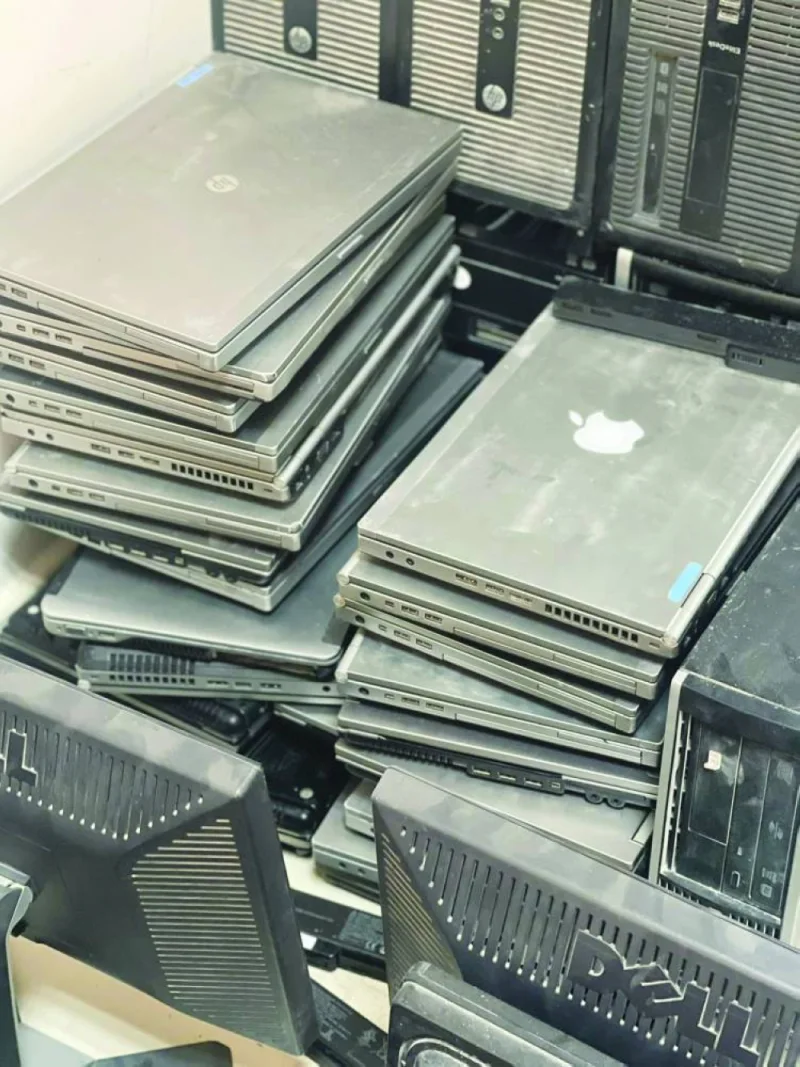Qatari Investors Group (QIG) signed a memorandum of understanding (MoU) with the Electronics Recycling Factory (ERF) to enhance environmental sustainability measures and the recycling of electronic and electrical waste.
ERF is the first factory specialised in recycling electronics and electrical equipment waste in Qatar.
Under the agreement, QIG succeeded in recycling 3.65 tonnes of electronic waste, marking the beginning of a fruitful collaboration aimed at ensuring the safe and responsible disposal of electronic waste.
This initiative comes as part of the group’s corporate social responsibility (CSR) and a testament to QIG's "unwavering commitment and focus" on the environment and sustainability.
The company said it believes in taking proactive steps to reduce its ecological footprint and promote a greener, more sustainable future, aligning with Qatar National Vision 2030.
Electronic waste contains hazardous materials that when improperly disposed of, can harm the environment and human health.
By partnering with ERF, QIG ensures that the company’s e-waste is recycled responsibly, reducing its harmful effects, and promoting a circular economy.
QIG chief executive officer Joseph Abdo expressed his enthusiasm for this achievement, stating: “At QIG we firmly believe that environmental sustainability is at the core of every business’s operational excellence. We look forward to achieving more and continuing our commitment to the group’s corporate social responsibility.
“We take great pride in collaborating with ERF to contribute to the reduction of electronic waste's ecological footprint and the advocacy of sustainable behaviours within our community," he added.
Hatem Alhamayda, CEO, ERF stated, “We are pleased to sign this MoU with Qatari Investors Group to work collectively to strengthen Qatar’s position as one of the most progressive countries to address the world’s fastest environmental problems.
“E-waste recycling is one of the most important issues because of its ability to reduce environmental risks, pollution, the preservation of human life, and the health of other living organisms. With a capacity to recycle 45,000 tonnes of e-waste annually, we produce multiple raw materials that are reused again in local industries.”

Under the agreement with ERF, QIG succeeded in recycling 3.65 tonnes of electronic waste, marking the beginning of a fruitful collaboration aimed at ensuring the safe and responsible disposal of electronic waste.


